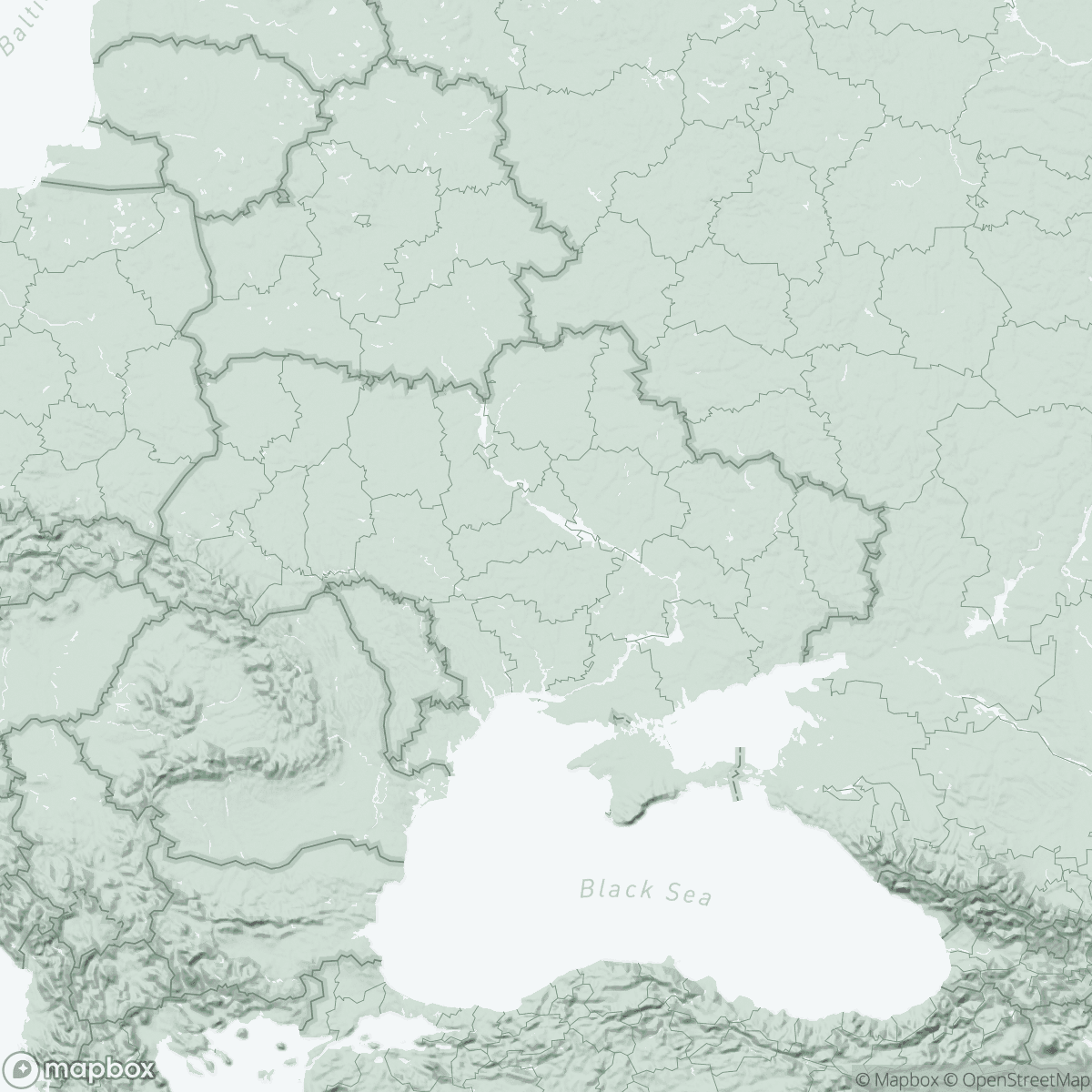
In transit for survival: MSF ambulances and Ukraine’s war-wounded
In 1 click, help us spread this information :
“It’s insufferable. Everything hurts. It’s hard to breathe; it burns everywhere.”
A 45-year-old man whispers these words, barely moving his lips, as he waits for medical evacuation from a frontline hospital in the Donetsk region. He was severely injured in shelling, suffering from burns to 90 percent of his body, including his internal organs. He requires specialised medical care, which is often only available in hospitals far from the conflict areas. A Médecins Sans Frontières (MSF) ambulance is transporting him to Dnipro, a medical hub where patients from the most dangerous regions receive treatment.
“MSF ambulances frequently transfer patients from frontline hospitals after surgery and initial medical care, but there are no guarantees that nothing will happen to them during transportation. Bleeding may occur, and a patient’s condition can rapidly deteriorate from stable to unstable. We carry the necessary medications to stabilise patients in such cases, or to apply a tourniquet and administer a haemostatic drug if needed,” explains MSF paramedic Dmytro Bilous, who has been working near the frontline with the MSF ambulance team.

Burns and other war-related injuries—head trauma, injuries to the trunk and limbs, soft tissue damage, and massive haemorrhages—account for over 60% of the cases our doctors encounter when transporting patients in MSF ambulances. As of 31 July 2024, the MSF ambulance team had completed 8,000 patient referrals, with 15 percent of these patients requiring transportation in intensive care unit (ICU) ambulances. More than half of these injuries were directly caused by the ongoing full-scale war.
MSF medical teams have observed that medical facilities located 20-30 kilometres from the conflict areas in eastern and southern Ukraine are either completely destroyed due to relentless shelling over the past two years, or partially damaged. Those that remain functional face a critical shortage of medical personnel. Since the full-scale invasion began in February 2022, many specialists have fled to safer cities or abroad. Hospitals also suffer from a shortage of beds, as they are inundated not only with war-wounded patients but also with those suffering from chronic illnesses, heart attacks, strokes, and car accident injuries. MSF supports these hospitals by alleviating their burden. The need for medical transportation by ambulance becomes especially acute during heavy missile attacks, when hospitals are overwhelmed by mass casualties.
“As a result of an attack in Kostiantynivka, Donetsk region, on 9 August, 14 people were killed, and over 40 were injured. A supermarket and a post office in the city centre, where many civilians were present, were hit. There were dozens of wounded. MSF doctors assisted with wound care and suturing, and we also transported two severely injured patients to Dnipro using MSF ambulances. With a constant influx of trauma patients needing referrals, MSF ambulance teams ensure that patients are transferred to hospitals where they can receive the specialised care they require,” says Christopher Stokes, MSF emergency coordinator in Ukraine.
This situation highlights the unpredictability of how many intensive care or surgical beds will be needed in any given hospital tomorrow. Shelling can occur at any moment, and our teams operate in a state of constant emergency. There have been cases where war-wounded patients had to be evacuated under fire, yet the medics continue to fulfil their duty.
“I have a child. He gets upset when I leave, asking, ‘You’re coming back, right?’ I always tell him, ‘Yes, of course, I will come back.’ I have to work so that he grows up without witnessing all of this,” shares MSF paramedic Dmytro Bilous.
MSF ambulances began conducting medical referrals in Ukraine in April 2022. Today, the fleet consists of 17 vehicles, supported by 36 paramedics, 8 doctors, and 26 drivers, all of whom work tirelessly to ensure proper care. Additionally, logisticians, pharmacists, and coordinators ensure the effective operation of the project.

MSF paramedic Dmytro Bilous mentions that they often ask civilians why they continue to live near the frontline despite the danger. The most common response is: “We just didn’t have time to evacuate.” According to journalists’ estimates, approximately one million people in Ukraine continue to live close to the conflict areas. They cling to the homes they’ve built over their lifetimes, to familiar streets, gardens, flowers, and trees that, despite the war, still bear fruit. These people hold on to the hope for peace.

